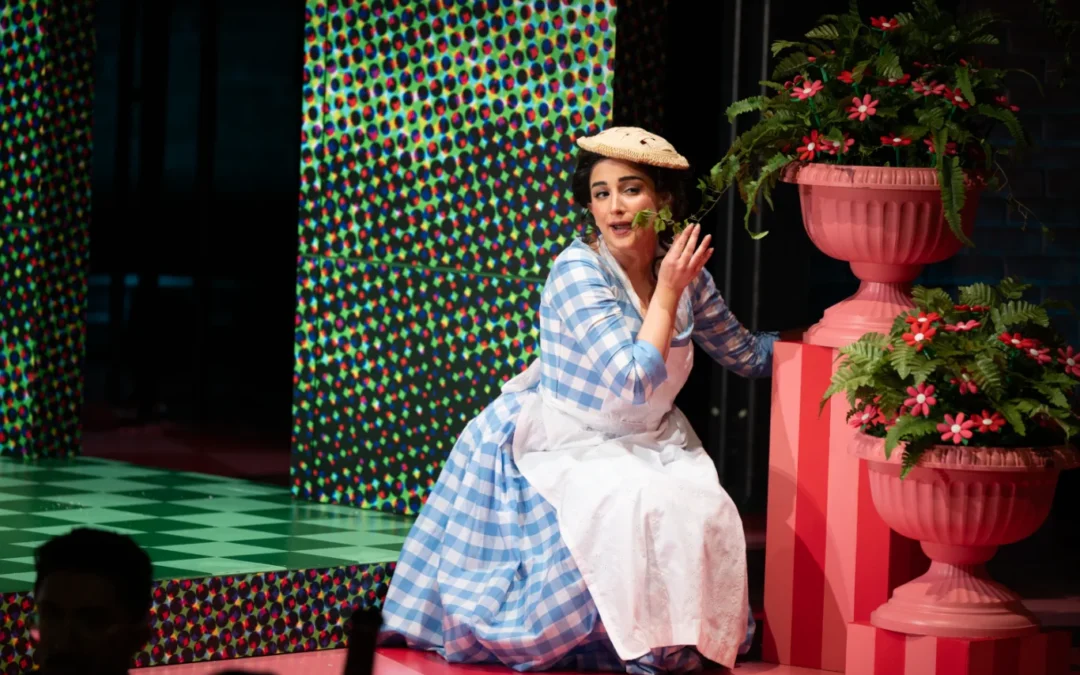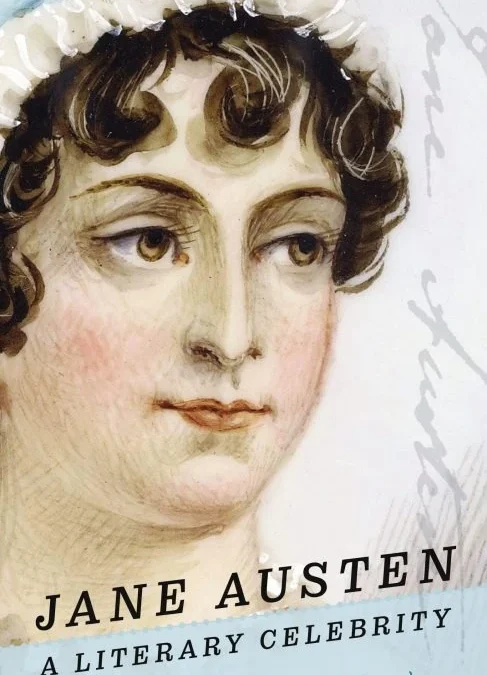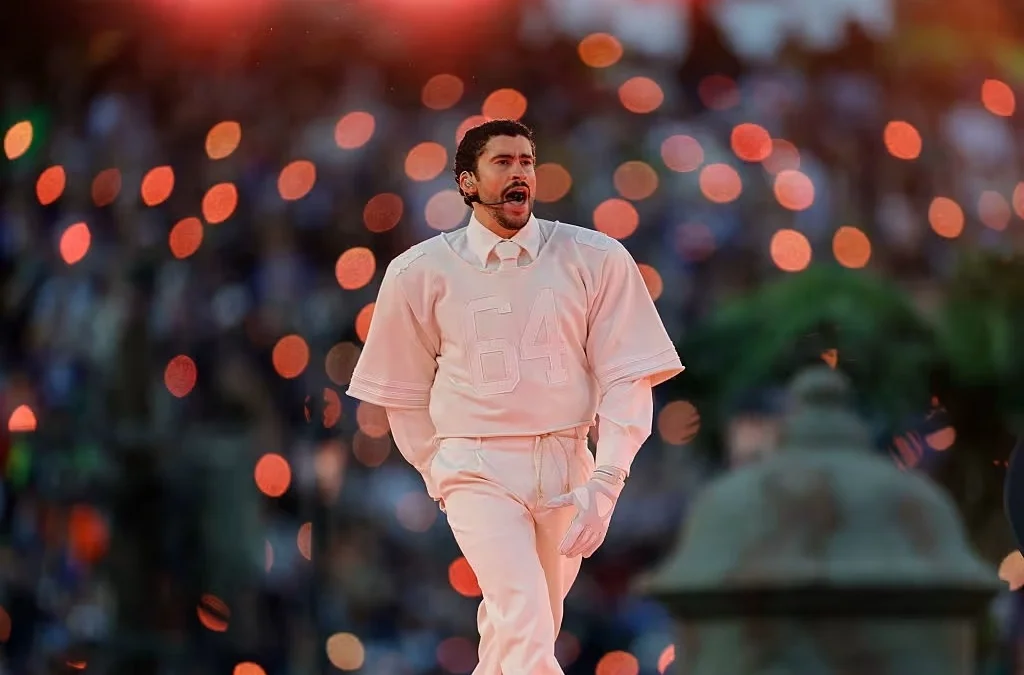Lynda Clark
In an era where storytelling mediums are rapidly evolving, the intersection of classic literature and modern technology presents intriguing possibilities. Lynda Clark, a Lecturer in Creative Writing, posits that if Charles Dickens were alive today, he might have chosen to adapt his renowned novel, Great Expectations, into a video game. This perspective invites us to explore the parallels between Dickens’s narrative techniques and the interactive storytelling found in contemporary video games.
Dickens’s Narrative Techniques and Serial Publication
Charles Dickens was a master of serialized storytelling, releasing his novels in installments that kept readers eagerly anticipating the next chapter. This episodic format mirrors the structure of many modern video games, which often unfold their narratives over multiple levels or episodes, maintaining player engagement through progressive storytelling. Dickens’s ability to craft compelling, cliffhanger endings to his serials is akin to the suspenseful conclusions of game levels that motivate players to continue their journey.
Immersive World-Building and Character Development
Dickens’s novels are celebrated for their rich, immersive settings and complex characters. He meticulously depicted Victorian society, bringing to life the streets of London and the diverse individuals inhabiting them. This depth of world-building is a hallmark of successful video games, where detailed environments and well-developed characters are crucial for player immersion. In Great Expectations, the protagonist Pip’s journey from a humble blacksmith’s apprentice to a gentleman is fraught with challenges and moral dilemmas, reflecting the character progression and personal growth often experienced by players in role-playing games.
Interactive Storytelling and Player Agency
Modern video games offer players agency, allowing them to make choices that influence the narrative’s direction and outcome. This interactive storytelling aligns with Dickens’s thematic exploration of personal choice and consequence. In Great Expectations, Pip’s decisions significantly impact his life and the lives of those around him. Translating this into a video game format would enable players to navigate Pip’s world, make choices on his behalf, and experience the repercussions, thereby deepening their connection to the narrative.
Themes of Social Mobility and Moral Growth
Dickens delved into themes of social mobility, ambition, and moral growth, examining the complexities of human nature and societal structures. These themes resonate with the narratives of many video games, where characters often embark on quests for personal advancement, face ethical dilemmas, and confront societal challenges. A video game adaptation of Great Expectations could allow players to explore these themes interactively, making choices that reflect their values and observing the consequences within the game’s world.
Potential Game Mechanics and Design
Envisioning Great Expectations as a video game opens up various possibilities for gameplay mechanics:
- Choice-Based Narrative: Players’ decisions could lead to multiple story branches and endings, emphasizing the impact of personal choices.
- Exploration and Discovery: An open-world design could allow players to explore Victorian London, uncovering side quests and engaging with a diverse cast of characters.
- Skill Development: Incorporating elements where Pip hones different skills, such as social etiquette or trade skills, aligning with his journey in the novel.
- Moral Alignment System: Tracking players’ choices to determine Pip’s moral standing, affecting relationships and opportunities within the game.
Educational and Cultural Significance
Adapting Great Expectations into a video game could serve educational purposes, introducing classic literature to new audiences in an engaging format. It offers an opportunity to explore historical contexts interactively, fostering a deeper understanding of the period’s social dynamics. Moreover, it exemplifies how timeless narratives can be reimagined through modern technology, bridging the gap between traditional literature and contemporary media.
Lynda Clark’s proposition that Charles Dickens might have embraced video game storytelling underscores the adaptability and enduring relevance of classic literature. By examining the narrative techniques and thematic depth of Great Expectations, we can appreciate how its transformation into an interactive medium could offer enriched storytelling experiences. Such an adaptation not only honors Dickens’s legacy but also demonstrates the potential for innovative storytelling that resonates across generations.





